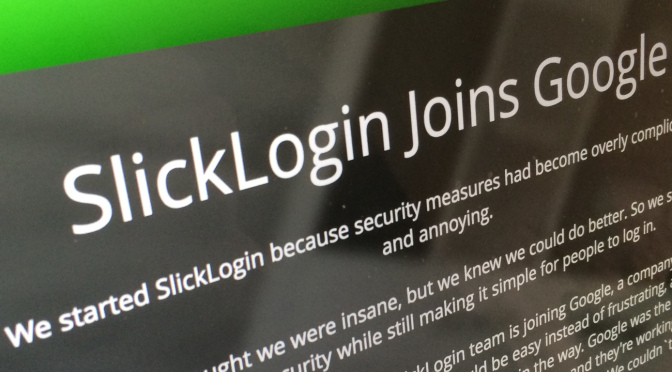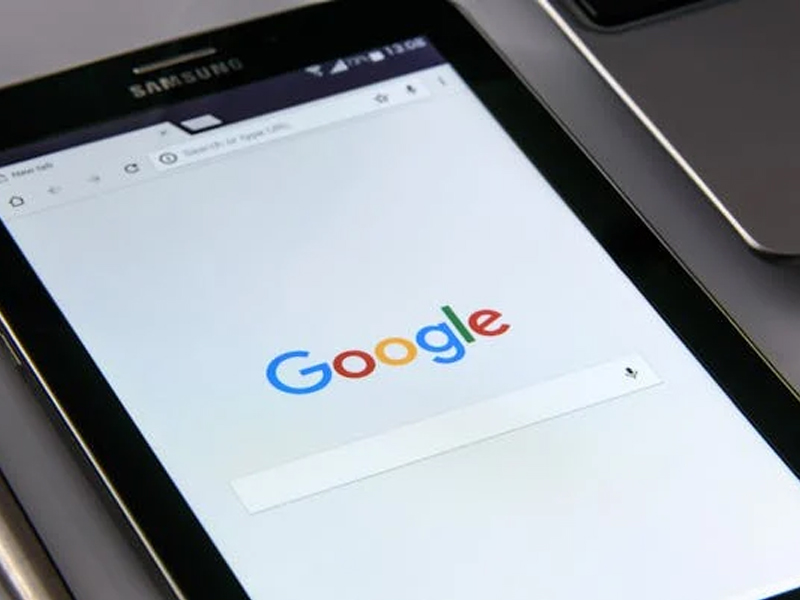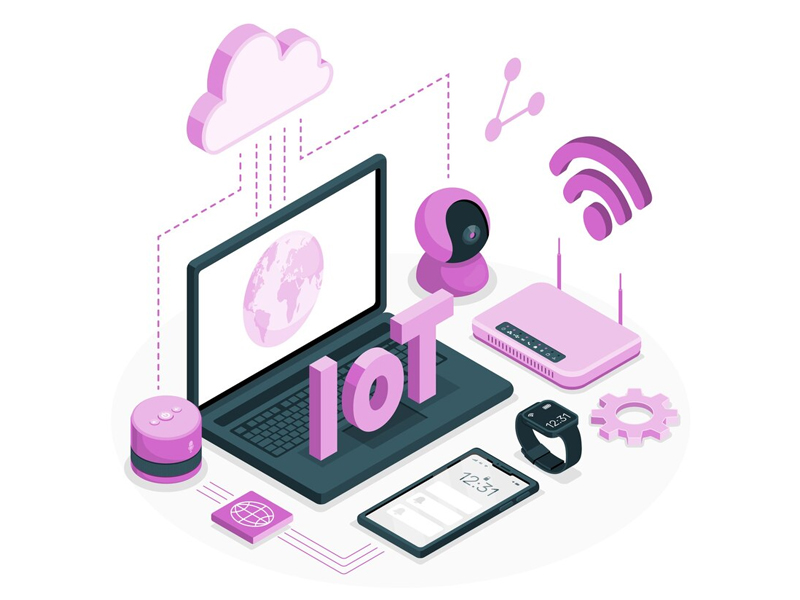Google Acquires SlickLogin, a company provides sound based passwords for account logins
Uncategorized
 Don’t you feel the need of a secured gateway for your email accounts? Do you find the current verification process lesser with respect to security?
Now there is no more worry about the security aspect. Google presents its users with a unique introduction of sound based passwords for logging their email accounts. Google is an internet giant search engine. Nothing can be hidden from Google. Google is one of the most desirable, innovative and creative companies that bring forward a different and novel technical offering for its users. Google understands the need of internet security for its users. The Google account asks for verification process prior to directing the user to the login page. Google has recently entered into a deal with a start-up company that utilizes Sounds in place of passwords.
Who is this Start Up?
Google has recently bought and acquired an Israel based start-up company named SlickLogin. The company deals into a very unique and novel service offering. SlickLogin provides password service in the form of sounds. The users can only login their accounts with the help of a unique sound that is generated by SlickLogin. It was started by three partners Or Zelig, Eran Gailili and Ori Kabeli. These three partners have dedicated their six years of study in the field of information security. After an in-depth study with respect to Internet Security, they had come up with SlickLogin.
How does SlickLogin Work?
SlickLogin can sense the location of the device namely phone, laptop, etc… It takes the help of numerous protocols and locates the position of phone. Wi-Fi, NFC, Bluetooth, GPS, etc… are few ways of locating the position. SlickLogin has a unique dubbed voice based sounds. These sounds are crafted in a way that it becomes difficult for humans to hear. The process works in a way that the system plays the sounds via the speakers of the computer, laptop, etc… and then the computer responses back by sending a signal of receiving it. This acts as a verification process for login in the account. This can also be done in smart phones. There is an in-built app in Smartphone. The microphone of the Smartphone receives the sound and sends the confirmation back.
Google’s role:
Google has recently bought and took over SlickLogin in order to strengthen the information security systems. Google in association with SlickLogin have decided to make the world of internet more secured and safe. It will replace the typed passwords with sounds. Although the commercial project has not been launched, yet Google is still in the process of doing it as soon as the project is ready. Google has a first mover advantage with respect to verification process. Google had introduced the two step process for verification for free. They are in the phase of coming up with more features for enhancing security process. SlickLogin is now a part of Google and it will be using the same team and knowledge base of if for this project. The financials are not yet disclosed.
The three founders of SlickLogin have recently quoted that, “Today we’re announcing that our team is joining with Google, a company that shares our core beliefs that logging in should be easy instead of frustrating, and authentication should be effective without getting in the way.”
Don’t you feel the need of a secured gateway for your email accounts? Do you find the current verification process lesser with respect to security?
Now there is no more worry about the security aspect. Google presents its users with a unique introduction of sound based passwords for logging their email accounts. Google is an internet giant search engine. Nothing can be hidden from Google. Google is one of the most desirable, innovative and creative companies that bring forward a different and novel technical offering for its users. Google understands the need of internet security for its users. The Google account asks for verification process prior to directing the user to the login page. Google has recently entered into a deal with a start-up company that utilizes Sounds in place of passwords.
Who is this Start Up?
Google has recently bought and acquired an Israel based start-up company named SlickLogin. The company deals into a very unique and novel service offering. SlickLogin provides password service in the form of sounds. The users can only login their accounts with the help of a unique sound that is generated by SlickLogin. It was started by three partners Or Zelig, Eran Gailili and Ori Kabeli. These three partners have dedicated their six years of study in the field of information security. After an in-depth study with respect to Internet Security, they had come up with SlickLogin.
How does SlickLogin Work?
SlickLogin can sense the location of the device namely phone, laptop, etc… It takes the help of numerous protocols and locates the position of phone. Wi-Fi, NFC, Bluetooth, GPS, etc… are few ways of locating the position. SlickLogin has a unique dubbed voice based sounds. These sounds are crafted in a way that it becomes difficult for humans to hear. The process works in a way that the system plays the sounds via the speakers of the computer, laptop, etc… and then the computer responses back by sending a signal of receiving it. This acts as a verification process for login in the account. This can also be done in smart phones. There is an in-built app in Smartphone. The microphone of the Smartphone receives the sound and sends the confirmation back.
Google’s role:
Google has recently bought and took over SlickLogin in order to strengthen the information security systems. Google in association with SlickLogin have decided to make the world of internet more secured and safe. It will replace the typed passwords with sounds. Although the commercial project has not been launched, yet Google is still in the process of doing it as soon as the project is ready. Google has a first mover advantage with respect to verification process. Google had introduced the two step process for verification for free. They are in the phase of coming up with more features for enhancing security process. SlickLogin is now a part of Google and it will be using the same team and knowledge base of if for this project. The financials are not yet disclosed.
The three founders of SlickLogin have recently quoted that, “Today we’re announcing that our team is joining with Google, a company that shares our core beliefs that logging in should be easy instead of frustrating, and authentication should be effective without getting in the way.” You Might Be Interested In:
- Click, Buy, Pollute? Environmental Impact of Online Shopping and Ways for Sustainable E-commerce
- The High Price of Crypto: Environmental Cost of Mining and Solutions for a Greener Future
- Gemini Evolves: Your AI Assistant on the Go with the New Overlay Feature
- Cloud Storage: Powering Progress or Polluting the Planet?
Frequently Asked Questions?

01
Tech news
Click, Buy, Pollute? Environmental Impact of Online Shopping and Ways for Sustainable E-commerce
Apr 26, 2024

01
Blockchain
The High Price of Crypto: Environmental Cost of Mining and Solutions for a Greener Future
Apr 25, 2024

01
AI & ML
Gemini Evolves: Your AI Assistant on the Go with the New Overlay Feature
Apr 24, 2024

01
Internet of Things
Gearing Up for a Connected Tomorrow: Top Trends Shaping the Future of IoT
Apr 21, 2024
SUSBSCRIBE TO OUR NEWSLETTER
Join our subscribers list to get the latest news and special offers.
Click, Buy, Pollute? Environmental Impact of Online Shopping and Ways for Sustainable E-commerce
The High Price of Crypto: Environmental Cost of Mining and Solutions for a Greener Future
Gemini Evolves: Your AI Assistant on the Go with the New Overlay Feature
Cloud Storage: Powering Progress or Polluting the Planet?